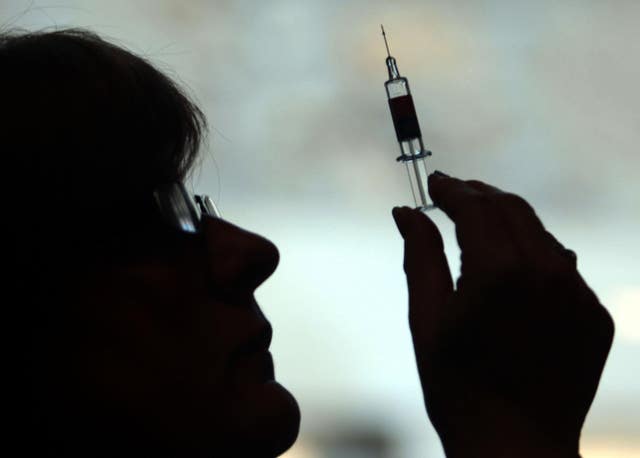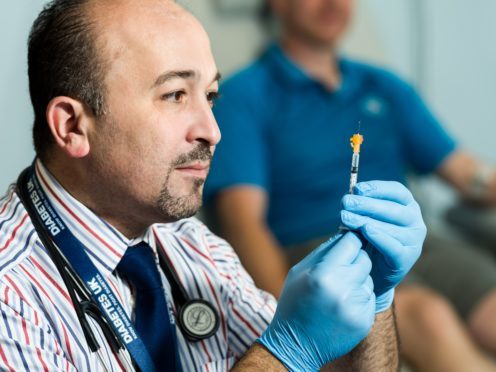A groundbreaking trial to prevent and manage Type 1 diabetes has been launched by a health board.
Doctors hope a new drug will help regrow lost insulin-producing cells in the bodies of patients suffering from the chronic disease.
The Clinical Research Facility at Cardiff and Vale University Health Board have now dosed two patients with the drug, who are the first in the world to be tested with it.
Patients suffering from Type 1 diabetes usually treat the lifelong condition with insulin injections, as their pancreas cannot naturally produce enough of the beta cells which create the hormone.

But the world first trial in Cardiff aims to regenerate the lost cells and allow their bodies to naturally regulate blood glucose levels.
The health board said the new drug has shown no major side-effects, but it is too early to see if the trial has been successful.
It now hopes to attract up to eight more adult volunteers who have had diabetes for more than two years to take part in the trial.
Dr Mohammad Alhadj Ali, who is working on the study in Cardiff, said: “Despite everything achieved in diabetes care, advances in prevention haven’t really occurred.
“More insulin-producing beta cells are needed for those with this form of diabetes and it is estimated that 90% of patients with Type 1 diabetes have less than five per cent of insulin making cells left.”
